In the fast-paced world of blockchain and cryptocurrency, developers are constantly on the lookout for efficient, scalable, and secure platforms to build and deploy their applications. The Huobi ECO Chain (HECO), with its RPC API, has emerged as a powerful contender, offering a range of features designed to meet the growing demands of decentralized applications (dApps) and smart contracts. This post dives deep into what the Huobi ECO Chain RPC API is, its core features, integration possibilities, use cases, advantages, and how you can get started with it.
What is Huobi ECO Chain RPC API?
At its core, the Huobi ECO Chain (HECO) is a decentralized, high-efficiency, and energy-saving public chain. It’s also known as an EVM-compatible public chain that supports smart contracts and high-performance transactions. The HECO RPC API is a set of remote procedure call (RPC) interfaces that allow developers to interact with the HECO network in a programmatic way. Using these APIs, developers can query information from the blockchain, send transactions, deploy smart contracts, and much more.
Core Features
HECO’s RPC API is meticulously crafted, incorporating a number of key features specifically designed to improve the developer experience in significant ways:
- EVM Compatibility: This pivotal feature enables developers to seamlessly migrate or deploy applications that are based on the Ethereum platform without the need for extensive modifications. It ensures a smoother transition and integration process for developers looking to take advantage of HECO’s innovative blockchain solutions.
- High Performance: HECO stands out by offering exceptionally faster transaction speeds and higher throughput when compared to traditional blockchain platforms. This enhanced performance is crucial for applications requiring quick transaction confirmation times and the ability to handle large volumes of transactions without compromising efficiency or user experience.
- Security: Recognizing the critical importance of security within the blockchain ecosystem, HECO implements a series of robust security measures. These measures are meticulously designed to safeguard the network against a wide array of attack vectors, ensuring that developers and users can trust in the integrity and reliability of the platform.
Integration Possibilities
The HECO RPC API offers unparalleled flexibility, enabling developers to seamlessly integrate it across a diverse array of applications, thereby enhancing functionality and user experience. Here’s how it can be applied in various sectors:
- In the realm of Decentralized Finance (DeFi), the API serves as a crucial tool for asset management, lending, and borrowing services. By leveraging the HECO RPC API, DeFi platforms can offer more secure and efficient transactions, making it easier for users to manage their investments and access financial services without the need for traditional financial intermediaries.
- For gaming decentralized applications (dApps), the API is a game-changer. It allows for the seamless integration of in-game transactions and token management, thus providing a more immersive and interactive gaming experience. Developers can use the API to create in-game economies that use tokens for purchasing items, unlocking new levels, or even trading assets between players, adding a whole new dimension to online gaming.
- NFT marketplaces stand to gain significantly from the HECO RPC API’s capabilities. It streamlines the process of creating, selling, and transferring non-fungible tokens. For artists and creators, this means easier access to the digital art market, allowing them to tokenize their work and reach a global audience. For buyers, it simplifies the process of acquiring and trading unique digital assets, making the world of NFTs more accessible to everyone.
Overall, the HECO RPC API’s versatility makes it an invaluable asset for developers looking to push the boundaries of what their applications can achieve, driving innovation and growth across the board.
Use Cases
The HECO RPC API offers diverse and practical applications in the blockchain space, including:
- A DeFi (Decentralized Finance) platform where users can engage in staking their HECO-based tokens. This enables them to earn rewards, providing an incentive for participation and investment in the platform.
- A decentralized exchange (DEX) that stands out by facilitating the trading of a wide array of digital assets. It offers the advantage of low transaction fees and high liquidity, making it an attractive option for traders seeking efficiency and value.
- An innovative NFT (Non-Fungible Token) platform that serves as a supportive community for artists and creators. It allows them to mint and auction their digital art, offering a new revenue stream and exposure in the digital art world. This platform not only democratizes access to the art market but also fosters a vibrant ecosystem for digital creativity.
Advantages
Opting for the HECO RPC API brings with it a number of key benefits that developers and users alike will find attractive:
- Lower Costs: One of the most compelling advantages of HECO over Ethereum is its significantly lower transaction fees. This cost efficiency can play a crucial role for developers and businesses looking to deploy decentralized applications (dApps) or execute transactions without the burden of high costs.
- Cross-Chain Capabilities: HECO is designed with flexibility in mind, supporting seamless asset transfer between itself and other blockchain networks. This interoperability is essential for users and developers aiming to leverage the strengths of multiple blockchains, enhancing the utility and reach of their applications.
- Active Community: By choosing HECO, developers do not only gain access to cutting-edge technology but also become part of a vibrant ecosystem. The active community around HECO provides invaluable support, sharing knowledge, and contributing to a collaborative environment. This community support is an indispensable asset for new and experienced developers navigating the blockchain space.
Together, these advantages underscore why the HECO RPC API is an appealing choice for those looking to push the boundaries of what’s possible with blockchain technology, all while enjoying cost savings, enhanced interoperability, and a supportive ecosystem.
Getting Started Guide
Getting started with the HECO RPC API involves a few essential steps that are crucial for a smooth integration process:
- Familiarize Yourself with the Documentation: The very first step is to thoroughly review the official HECO RPC API documentation. This documentation is a comprehensive resource that details the available methods and endpoints, giving you a clear understanding of how to effectively use the API. Spend some time getting acquainted with the material to avoid common pitfalls and to make the most out of the API’s capabilities.
- Set Up a HECO Node: In order to interact with the HECO network, you’re going to need access to a HECO node. This can be achieved in two ways: by running your own HECO node which gives you greater control and privacy, or by connecting to an existing public node. Setting up your own node requires some technical expertise and resources, but it ensures that your applications have a reliable connection to the HECO network.
- Use an API Client: Once you have access to the HECO network via a node, the next step is to start making RPC calls from your application. This is where an API client library comes into play. Choose an appropriate API client library that supports the programming language you are using. This library will simplify the process of making RPC calls by providing convenient methods for interacting with the HECO network. Implement these calls in your application to begin harnessing the power of the HECO RPC API for blockchain development.
By carefully following these steps and paying attention to the details, you’ll be well on your way to successfully integrating with the HECO RPC API and leveraging its full potential in your blockchain applications.
FAQs about Huobi ECO Chain RPC API
How does the HECO RPC API handle consensus mechanisms?
HECO uses a Delegated Proof-of-Stake (DPoS) mechanism that ensures fast and secure transaction validation.
Can developers utilize smart contracts with the HECO RPC API?
Yes, developers can deploy and interact with smart contracts on the HECO network using the RPC API.
What kind of network performance can be expected?
HECO is optimized for high throughput, capable of processing thousands of transactions per second (TPS).
Is there a limit to the number of transactions?
While technically there are no hard limits, network throughput and gas fees may influence transaction processing capabilities.
Does the HECO RPC API provide real-time monitoring and analytics tools?
While HECO provides basic tools and metrics, developers might need to integrate third-party solutions for advanced analytics.
How does it ensure data integrity and security during transactions?
HECO employs multiple layers of security protocols, including the latest cryptographic algorithms and smart contract audits, to safeguard transactions and data.
Conclusion
The Huobi ECO Chain RPC API stands out as a robust solution for developers looking to build innovative, efficient, and scalable blockchain applications. With its comprehensive feature set, compatibility with Ethereum, and supportive community, HECO offers a fertile ground for developing the next generation of dApps. Whether you’re exploring DeFi, NFTs, or blockchain-based games, the HECO RPC API provides the tools and infrastructure needed to bring your vision to life.



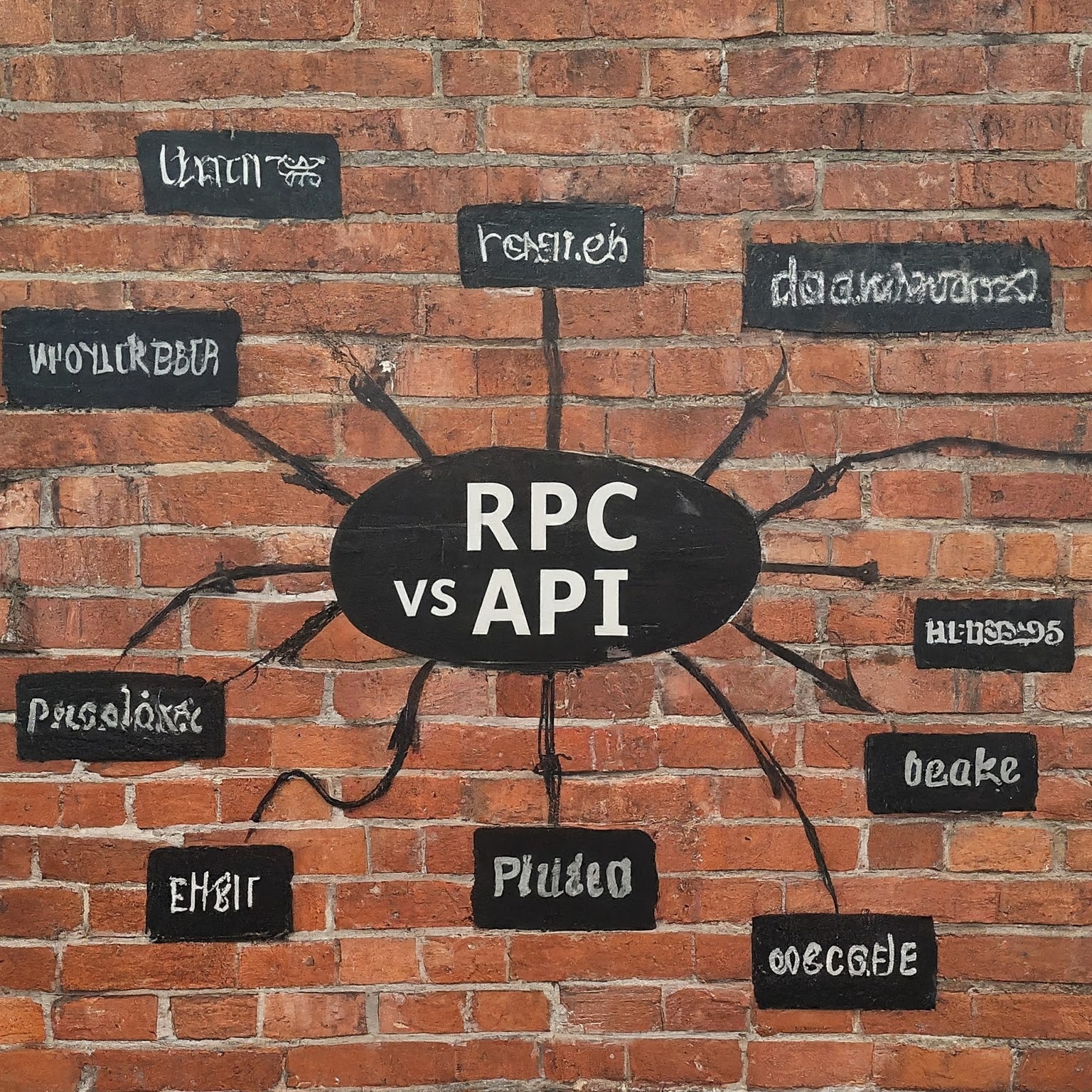
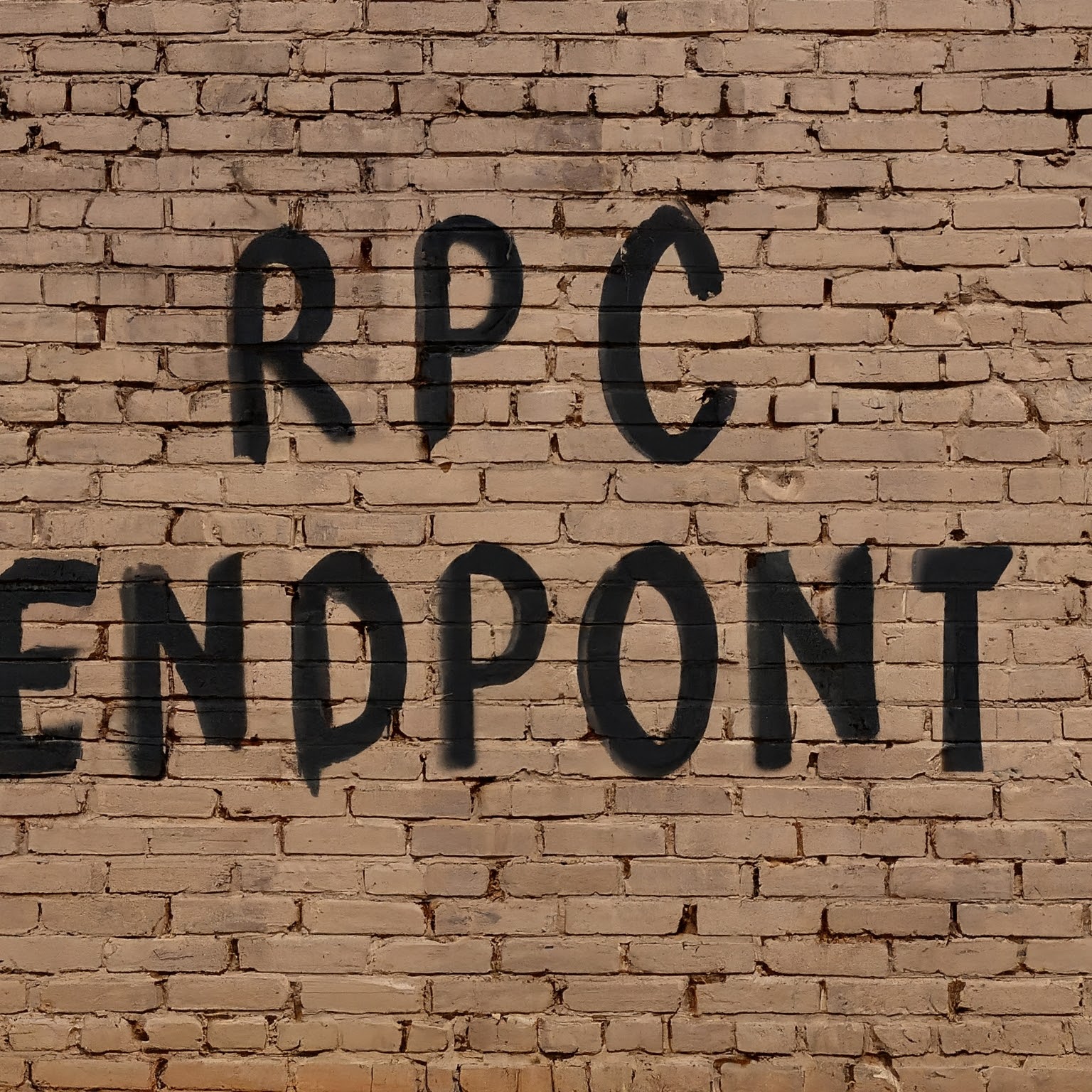
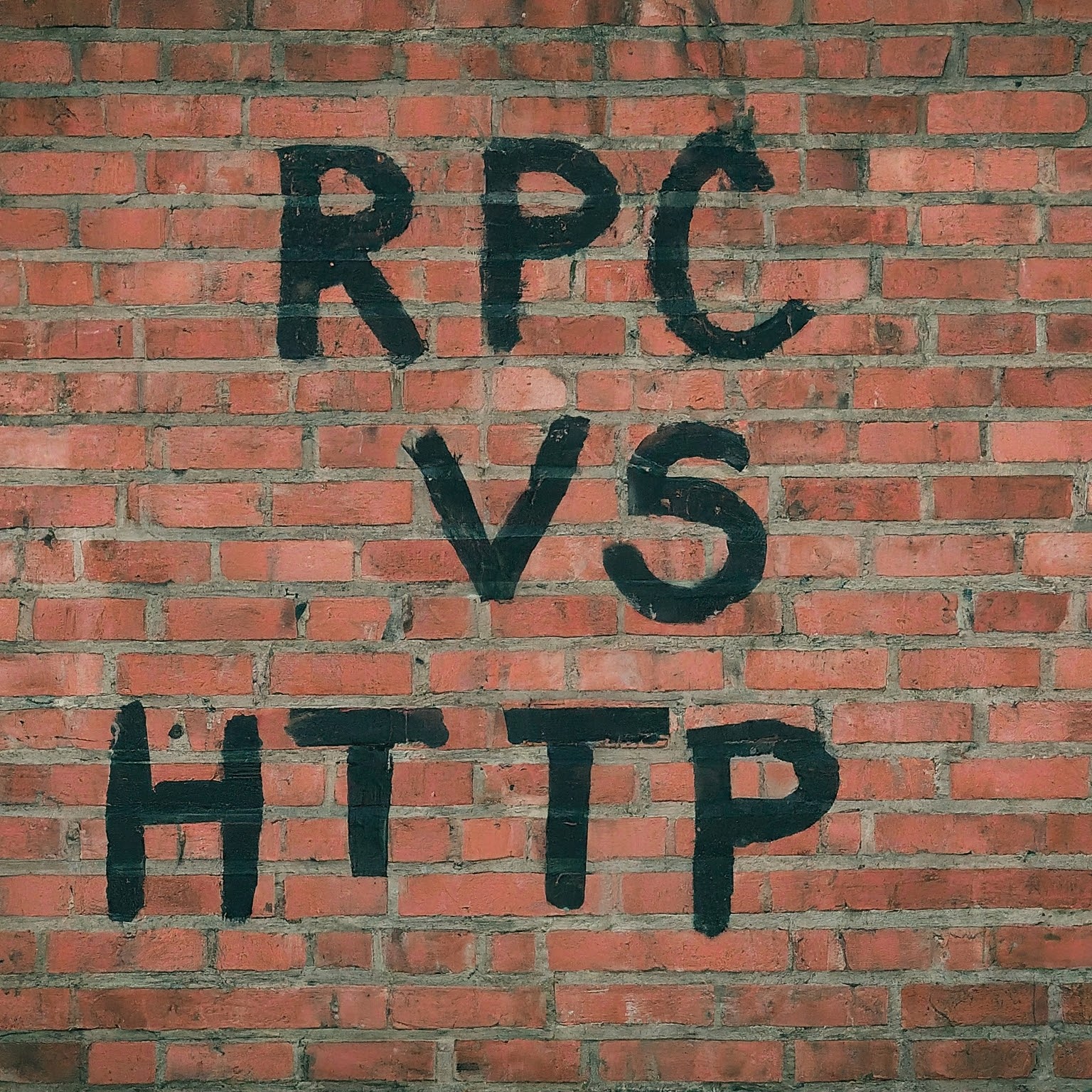
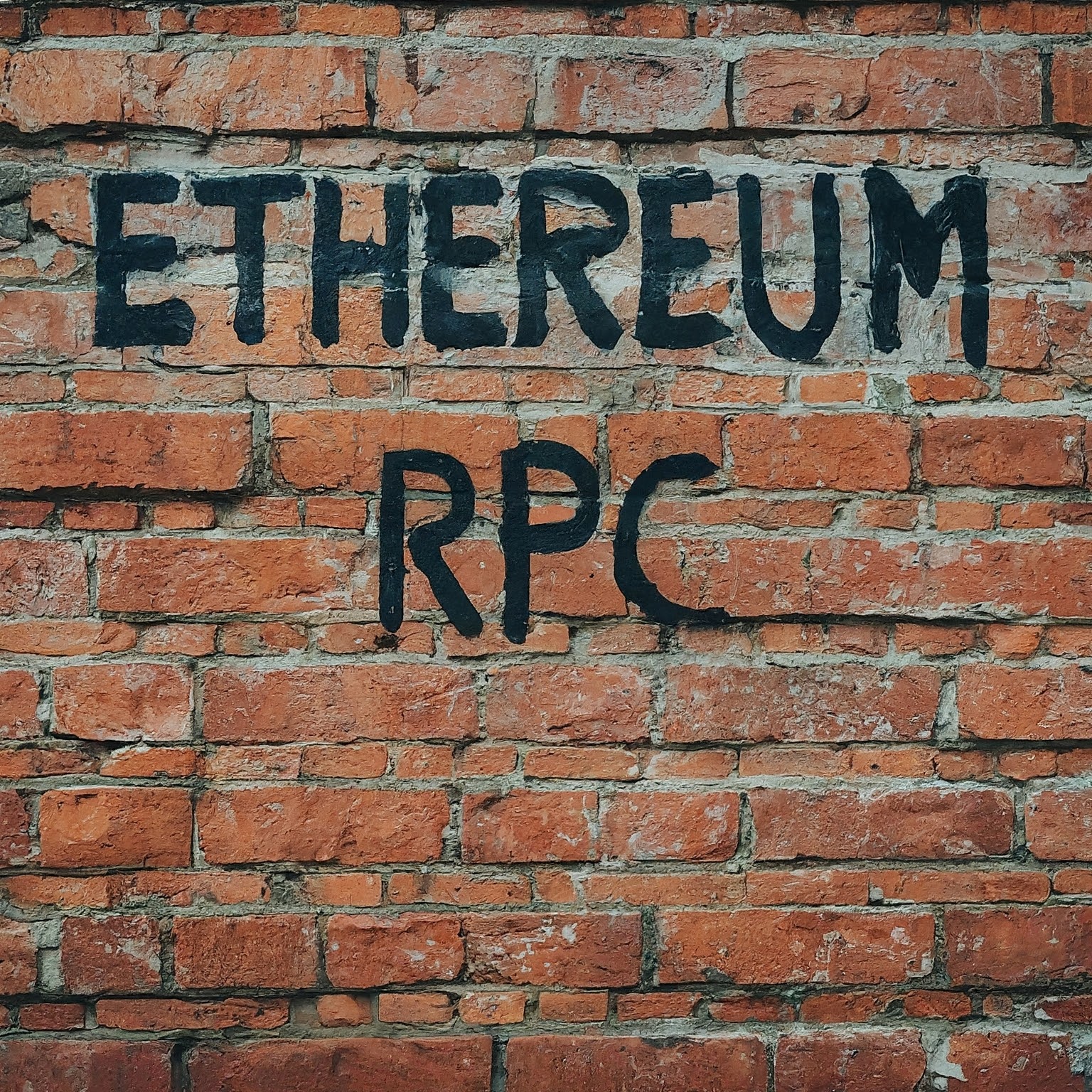

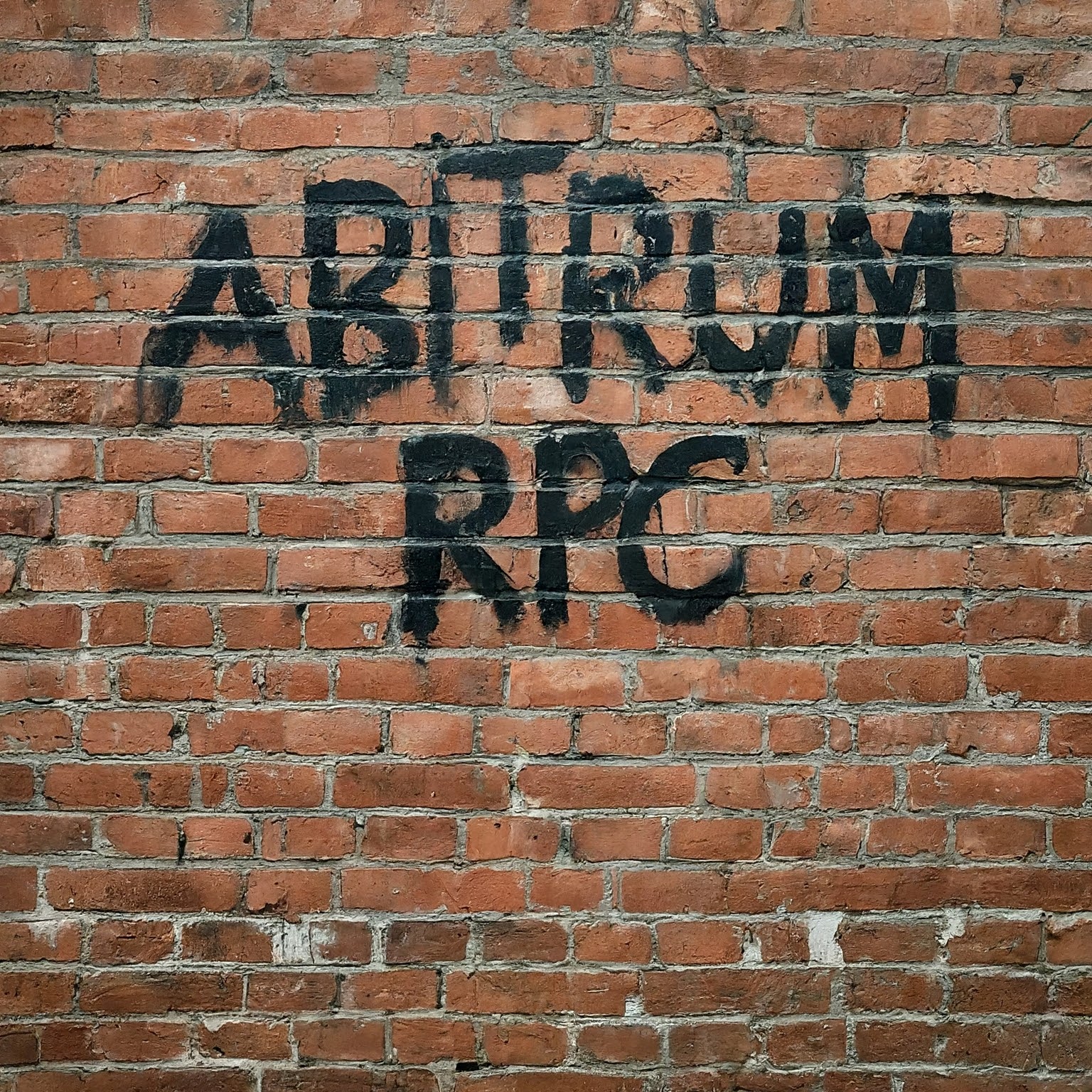

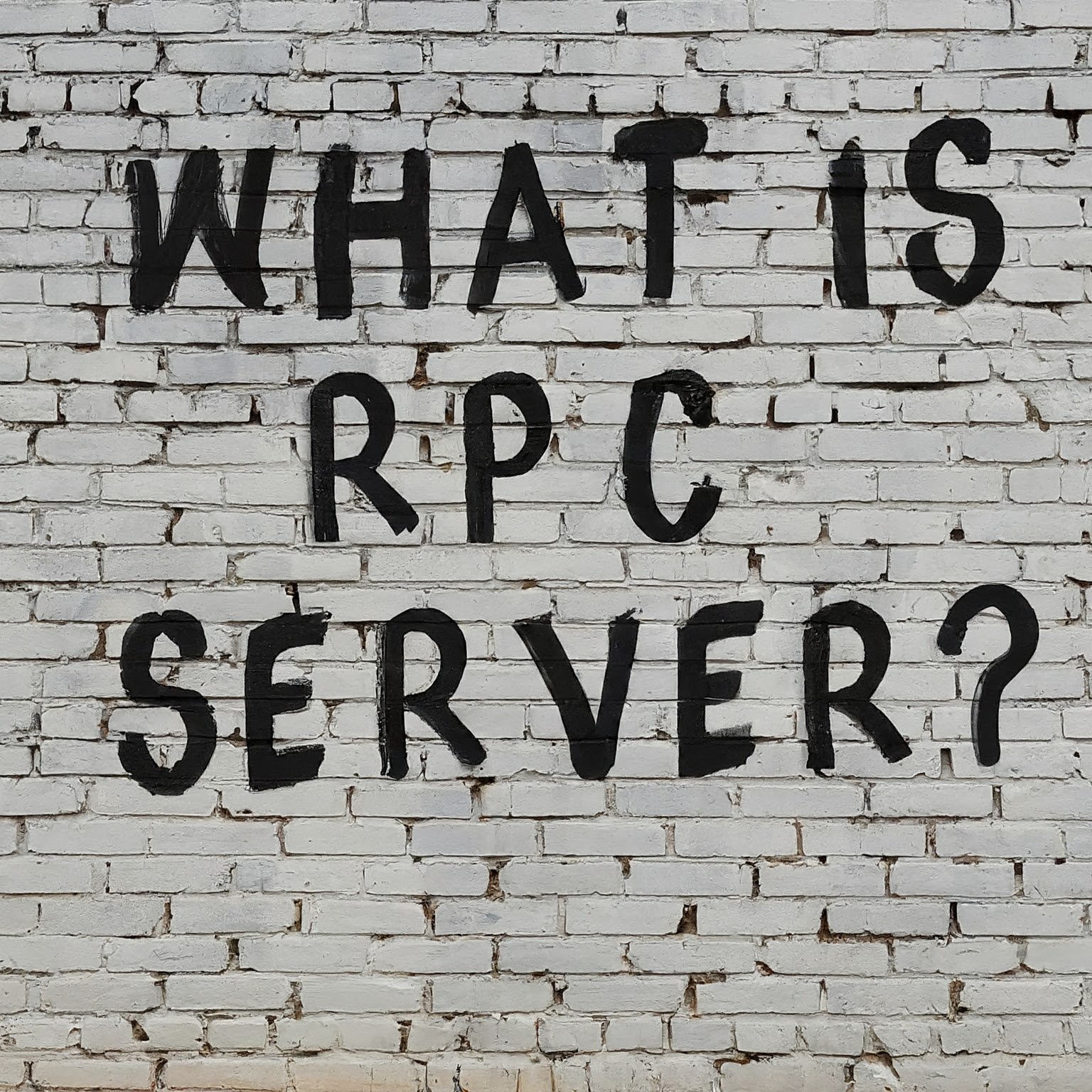
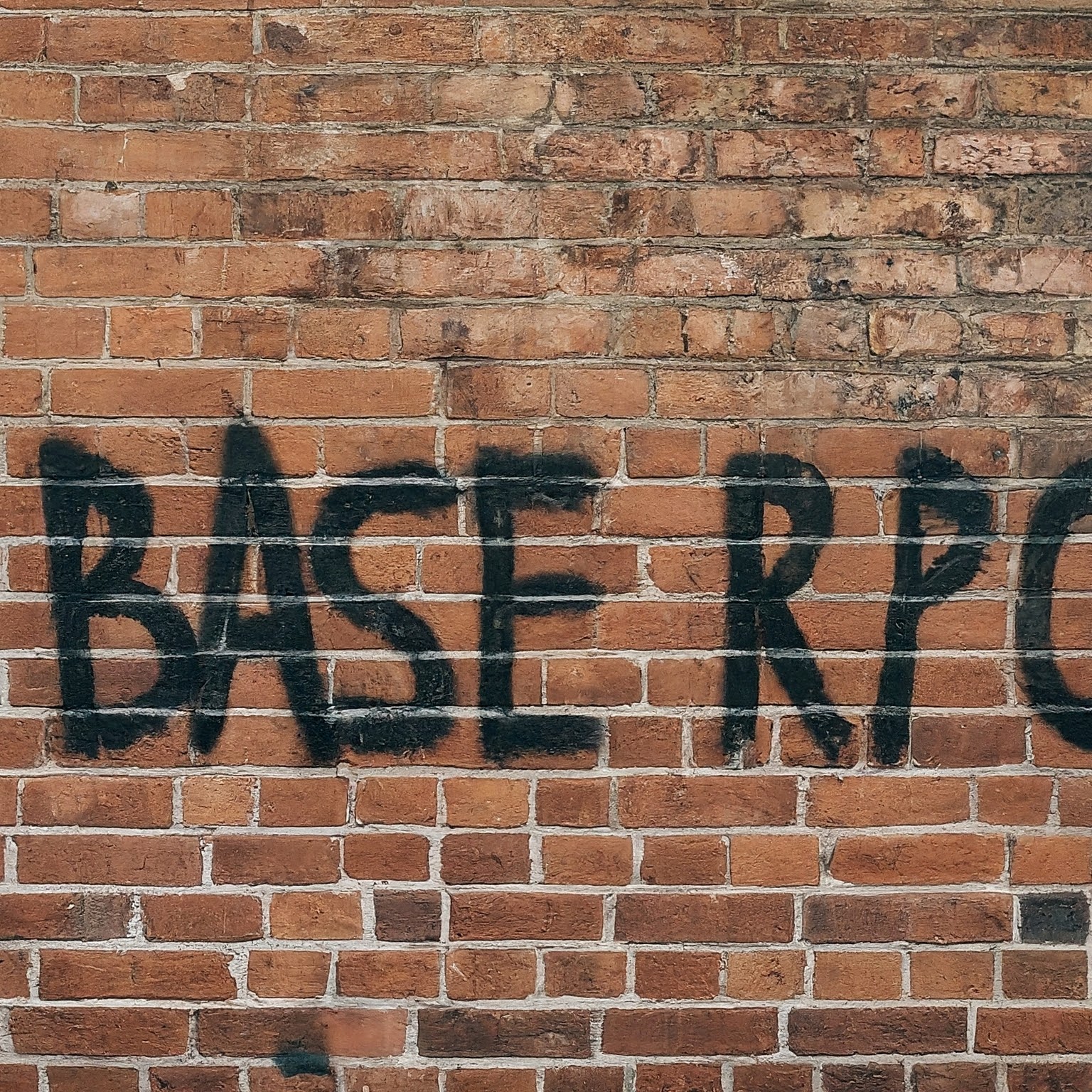
Leave a Reply
You must be logged in to post a comment.